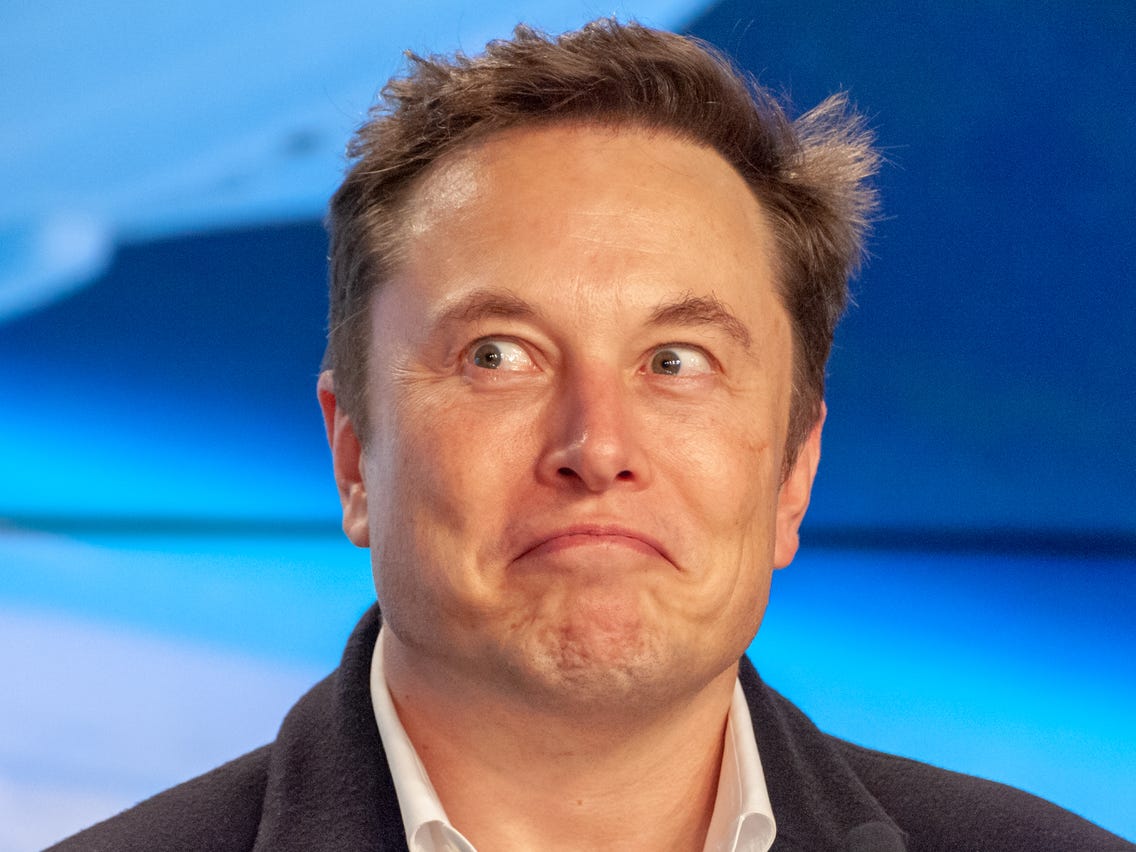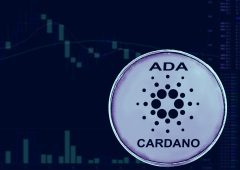Two Crypto Projects Offer Blockchain Solutions for Elon Musk’s DOGE
06.02.2025 11:30 1 min. read Alexander Zdravkov
Elon Musk is diving deeper into his role within the new U.S. administration, working closely with Donald Trump, while considering blockchain technology for his leadership of the Department of Government Efficiency (DOGE).
Musk has discussed the potential benefits of integrating blockchain to streamline federal spending, enhance data security, simplify payment systems, and oversee government facilities.
As these discussions unfold, Hedera (HBAR), a rapidly growing crypto project, has expressed interest in collaborating with Musk’s department. Hedera has publicly extended an offer to incorporate its blockchain solutions into DOGE, emphasizing the advantages of its USD-pegged fees for tracking government spending.
In a recent post, the Hedera team directly addressed Musk, suggesting that using their blockchain could simplify the process without introducing unnecessary complexity.
Hedera’s offer has drawn attention, with Cardano’s (ADA) founder Charles Hoskinson also weighing in, offering Cardano’s blockchain to assist Musk’s efforts, even offering the support free of charge.
Both blockchain projects are eager to be part of the potential government efficiency overhaul Musk is pushing forward.
-
1
German State-Owned Development Bank Issues €100 Million Blockchain Bond
11.07.2025 7:00 2 min. read -
2
Cardano and Ethereum Lead in Developer Activity as GitHub Commits Surge
14.07.2025 12:00 1 min. read -
3
Tether Ends Support for Five Blockchains in Infrastructure Shift
12.07.2025 11:30 2 min. read -
4
BNB Chain Upgrades and Token Delistings Reshape Binance Ecosystem
16.07.2025 22:00 2 min. read -
5
Ripple Powers UAE’s First Tokenized Real Estate Project via XRPL
16.07.2025 21:00 2 min. read
U.S. Public Pension Giant Boosts Palantir and Strategy Holdings in Q2
According to a report by Barron’s, the Ohio Public Employees Retirement System (OPERS) made notable adjustments to its portfolio in Q2 2025, significantly increasing exposure to Palantir and Strategy while cutting back on Lyft.
Key Crypto Events to Watch in the Next Months
As crypto markets gain momentum heading into the second half of 2025, a series of pivotal regulatory and macroeconomic events are poised to shape sentiment, liquidity, and price action across the space.
Here is Why Stablecoins Are Booming, According to Tether CEO
In a recent interview with Bankless, Tether CEO Paolo Ardoino shed light on the growing adoption of stablecoins like USDT, linking their rise to global economic instability and shifting generational dynamics.
U.S. Dollar Comes Onchain as GENIUS Act Ushers in Digital Era
In a statement that marks a major policy shift, U.S. Treasury Secretary Scott Bessent confirmed that blockchain technologies will play a central role in the future of American payments, with the U.S. dollar officially moving “onchain.”
-
1
German State-Owned Development Bank Issues €100 Million Blockchain Bond
11.07.2025 7:00 2 min. read -
2
Cardano and Ethereum Lead in Developer Activity as GitHub Commits Surge
14.07.2025 12:00 1 min. read -
3
Tether Ends Support for Five Blockchains in Infrastructure Shift
12.07.2025 11:30 2 min. read -
4
BNB Chain Upgrades and Token Delistings Reshape Binance Ecosystem
16.07.2025 22:00 2 min. read -
5
Ripple Powers UAE’s First Tokenized Real Estate Project via XRPL
16.07.2025 21:00 2 min. read


